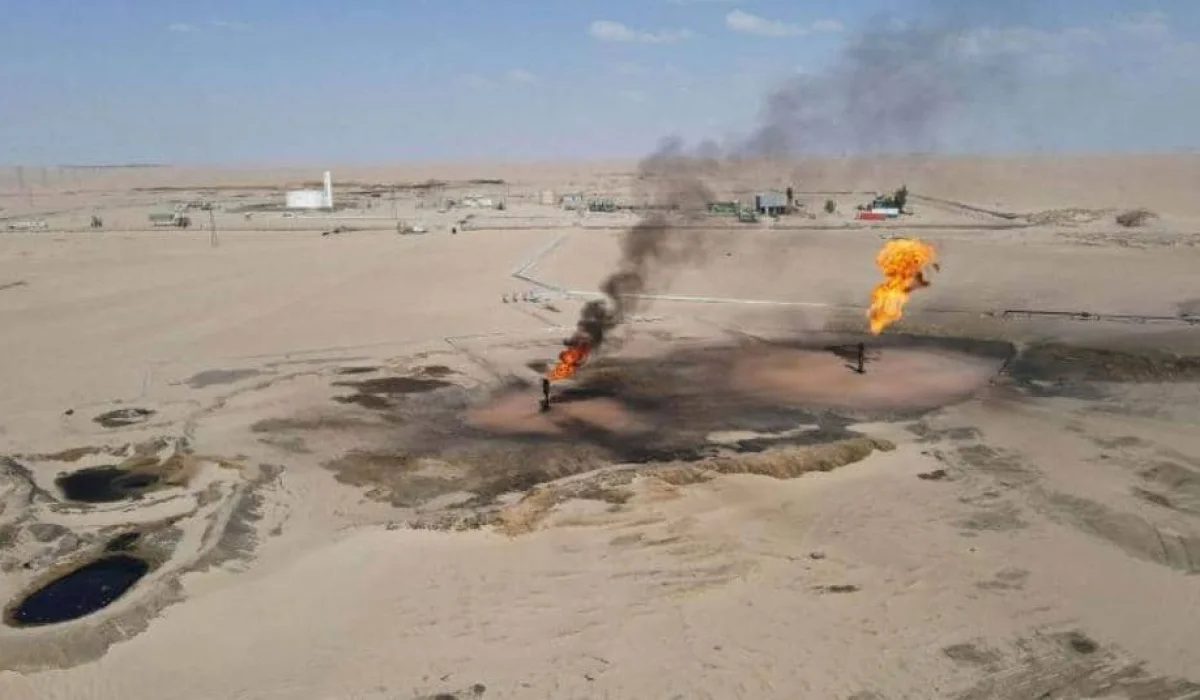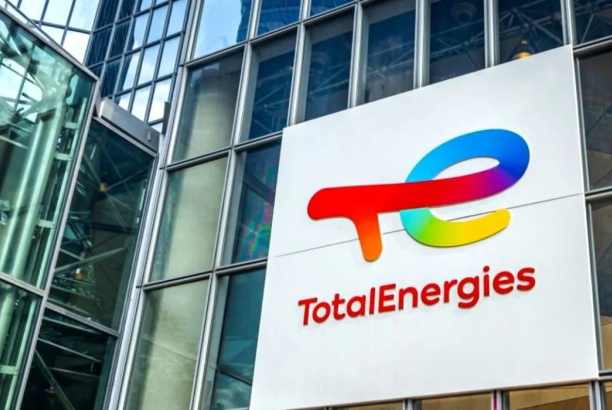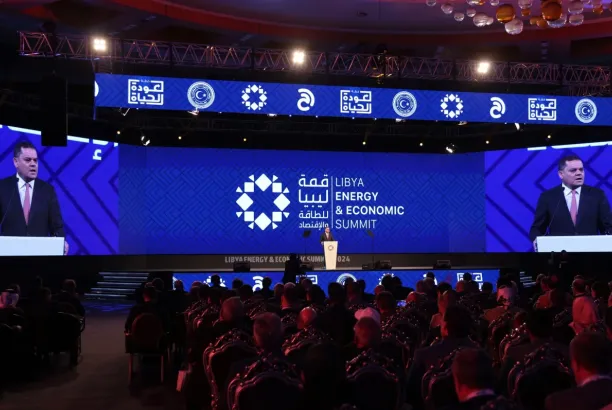The Arab Weekly reported on Thursday that Libya’s decision to halt the oil-for-fuel swap system, which it relied on to secure fuel imports in exchange for oil exports, has worsened the financial challenges facing the country and increased pressure on its dwindling foreign currency reserves.
The newspaper added that since the suspension of the swap mechanism earlier this year, the National Oil Corporation (NOC) has accumulated over $1 billion in debt due to delayed payments for fuel imports, amid the absence of a clear financial framework for managing repayments.
Reports warn that the NOC’s inability to settle these debts threatens to disrupt refined fuel supplies, which could lead to domestic fuel shortages, severely affecting daily life and vital sectors such as transportation and electricity.
While the swap system had its flaws, observers pointed out that it was a practical mechanism that allowed for the import of fuel in exchange for crude oil exports without immediate cash payments — a vital lifeline in the face of ongoing liquidity constraints. Despite allegations of corruption, experts argue that the solution lies in reforming the swap arrangements, eliminating unofficial intermediaries, and enhancing oversight, rather than abolishing the system entirely.
According to the newspaper, a closed-door meeting was held last June between the Attorney General, the Central Bank Governor, and the NOC Chairman to address the consequences of suspending the swap system.
Analysts believe this gathering represents an important opportunity to relaunch a reformed, transparent exchange mechanism free from previous political interference.
They emphasized the need to establish clear records, certified suppliers, and independent external audits to restore trust, ensure reliable fuel supplies, and reduce the debts that have accumulated following the system’s suspension.
The article also noted that while international partners such as the World Bank can offer technical assistance, the primary responsibility lies with Libyan institutions to cooperate and reactivate the program in a thoughtful manner.
The newspaper explained that the swap system, introduced in 2021, involved settling fuel costs via a clearing account, balancing payments with oil-importing countries that provided fuel in return.
It went on to state that despite Libya’s vast confirmed oil reserves — the largest in Africa, the country remains heavily reliant on imported refined fuel due to damaged or inoperative local refineries, a result of conflict and chronic infrastructure neglect.
Observers warn that the ongoing shortfall in domestic refining capacity poses a major vulnerability. Without boosting refining capabilities, Libya will continue to depend on external sources.
Furthermore, reforming the fuel subsidy system is urgent, as the current model is unsustainable amid rising global prices driven by regional tensions.
A Bloomberg report last year estimated the fuel smuggling industry in Libya at around $5 billion annually, noting that the country has become the largest importer of fuel and petroleum products from Russia since the outbreak of the war in Ukraine.






